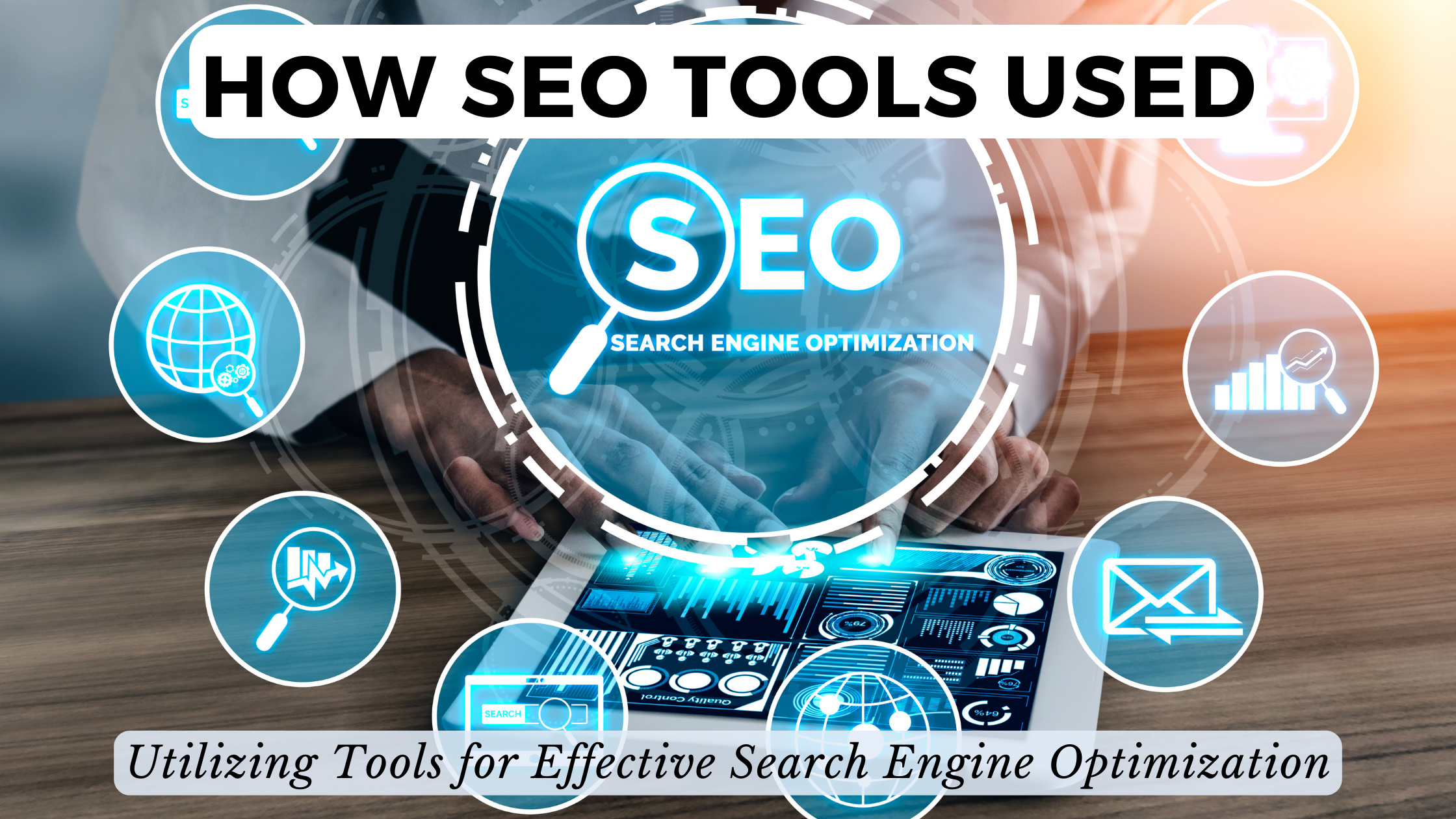How SEO Tools Used: Utilizing Tools for Effective Search Engine Optimization
- Data as a Service (DaaS) Software Marketing & Analytics


How SEO Tools Used: Utilizing Tools for Effective Search Engine Optimization
In the fast-paced digital landscape, mastering the art of Search Engine Optimization (SEO) is indispensable for online success. This article delves into the intricacies of how SEO tools are effectively utilized to optimize websites for search engines, providing valuable insights and solutions for optimizing your online presence.
Understanding the Dynamics of SEO Tools
1. Keyword Research Tools:
SEO starts with understanding the keywords your target audience uses. Tools like SEMrush and Ahrefs help identify high-performing keywords, assess competition, and refine your content strategy.
2. On-Page SEO Tools:
Crafting content that aligns with SEO best practices is crucial. Tools like Yoast SEO for WordPress provide real-time suggestions, ensuring your content is optimized for search engines.
3. Backlink Analysis Tools:
Building a robust backlink profile is vital for SEO. Tools like Moz Pro and SE Ranking help analyze backlinks, assess their quality, and devise strategies to enhance your site’s authority.
4. Technical SEO Tools:
Ensuring your website’s technical aspects meet search engine standards is paramount. Tools like Google Search Console and Screaming Frog identify issues like crawl errors, mobile-friendliness, and site speed.
5. Rank Tracking Tools:
Monitoring your website’s performance in search engine rankings is essential. Tools such as Rank Ranger and AccuRanker provide insights into keyword rankings, enabling informed decision-making.
How Are SEO Tools Used?
1. Strategic Keyword Integration:
SEO tools assist in identifying relevant keywords based on search volume and competition. Integrating these strategically into your content enhances visibility and drives targeted traffic.
2. Content Optimization:
On-page SEO tools guide content creators in optimizing titles, meta descriptions, and content structure. This ensures search engines understand the context and relevance of your content.
3. Competitor Analysis:
Backlink analysis tools unveil competitor strategies, allowing you to identify valuable link-building opportunities and stay ahead in your niche.
4. Technical Issue Resolution:
Technical SEO tools diagnose and resolve issues affecting your website’s performance, ensuring a seamless user experience and favorable search engine rankings.
5. Performance Monitoring:
Rank tracking tools provide real-time insights into keyword performance. Regular monitoring allows for agile adjustments to maintain or improve search engine rankings.
Conclusion: Elevating SEO Strategies with Tools
In the ever-evolving digital ecosystem, SEO tools serve as indispensable allies in the quest for online visibility. By leveraging these tools strategically, businesses can navigate the complexities of SEO, ultimately boosting their online presence and staying ahead of the competition.
Explore Subscribed.FYI to streamline your SaaS stack for efficient SEO tool management. Sign up for exclusive deals and insights, optimizing your subscriptions for a well-rounded SEO strategy.
Relevant Links:
- SEMrush
- Ahrefs
- Yoast SEO
- Moz Pro
- SE Ranking
- Google Search Console
- Screaming Frog
- Rank Ranger
- AccuRanker
- Subscribed.FYI
- Subscribed.FYI Deals








